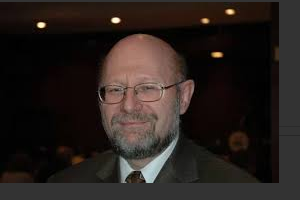Minor’s recording of alleged abuser’s confession admissible, says Brooklyn judge

Screen Shot 2014-02-12 at 4.19.17 PM.png
In certain instances, a minor can consent to the recording of a conversation he or she is party to, a Brooklyn judge ruled.
A 14-year-old child and her stepmother arrived at Kings County Hospital and informed hospital staff and police that the girl’s father allegedly raped her two weeks beforehand. Brooklyn Special Victims Squad Detective Laurel interviewed the young woman back at the Special Victims office.
During the interview, the girl informed Laurel that she had a recording of a conversation she had with her alleged abuser wherein the suspected abuser apologized for the abuse and pleaded for the victim not to contact law enforcement. The young girl handed the cassette of the recorded conversation to Laurel.
